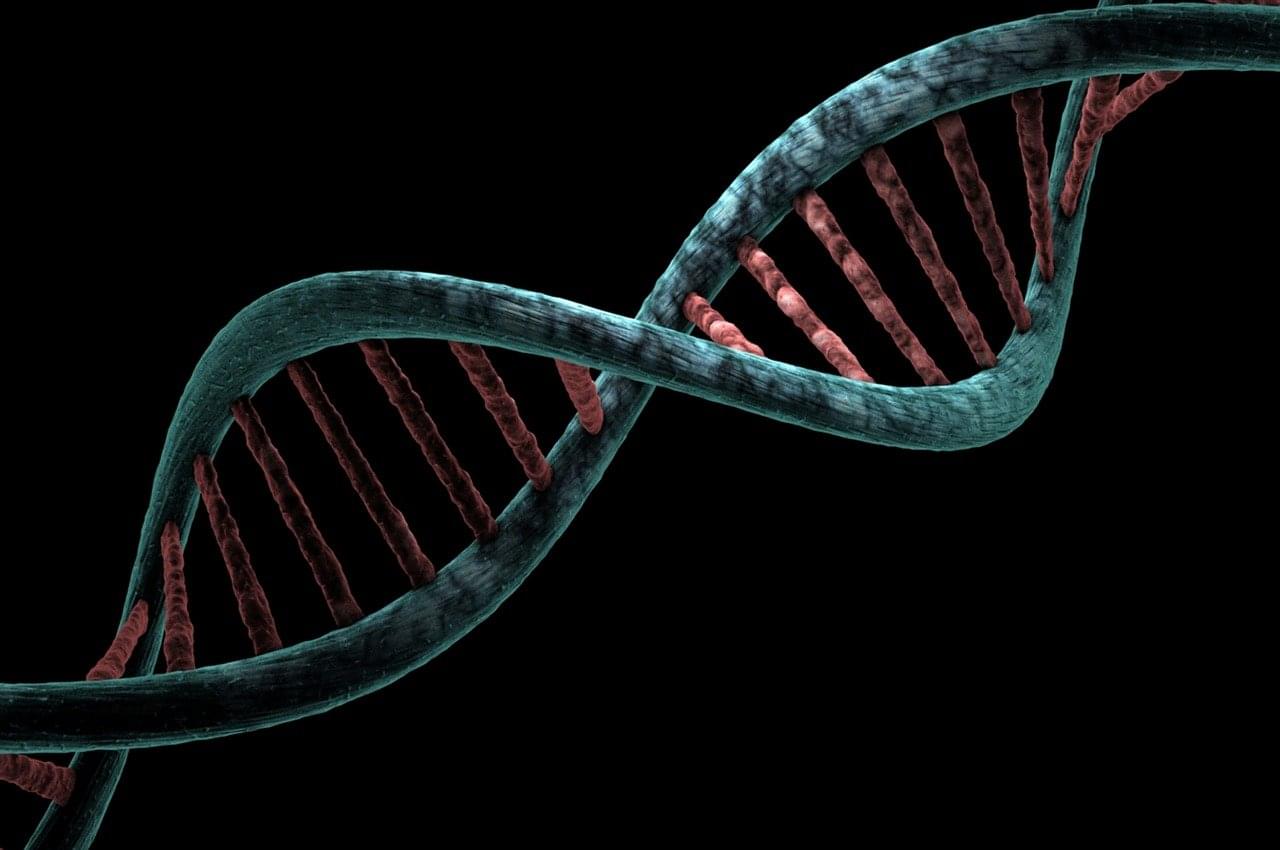Inherited mutations in the gene BRCA2 significantly increase the risk of carriers to breast and ovarian cancers. BRCA2, a crucial player in the body’s DNA repair system, aids in repairing damaged DNA. This function is particularly intriguing as our cells constantly divide and replicate, passing on any genetic damage to newly developing cells.
Because of its significant role in maintaining genetic stability, BRCA2 belongs to a class of genes known as tumor suppressors. These genes code for proteins that control how often cells divide. However, when a tumor suppressor gene, such as BRCA2, undergoes a mutational change, the protein it codes for won’t function normally, resulting in uncontrolled cell division and, in some circumstances, cancer development.
BRCA2 predisposes carriers to cancer and research has shown that BRCA2-deficient tumors respond to therapies known as PARP inhibitors, which block the function of the poly ADP-ribose polymerase 1 (PARP1) protein. PARP1 becomes activated in tumors with BRCA2 mutations, resulting in the continued abnormal growth of damaged DNA.
